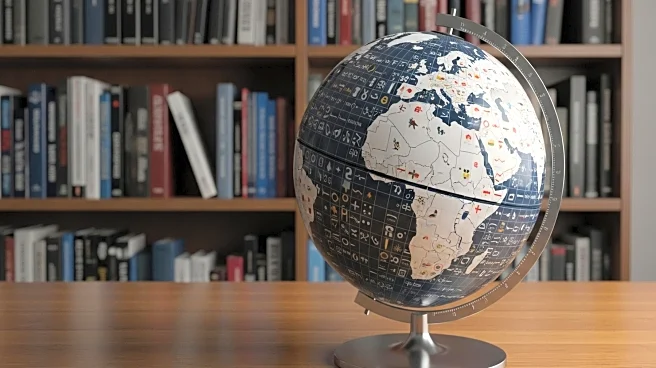What is the story about?
What's Happening?
The rise of AI-driven translation tools is significantly impacting the translation industry, leading to a decline in demand for human translators. Professionals like Nathan Chacón have observed a decrease in freelance opportunities as more clients turn to AI for translating documents. While AI offers efficiency, it often lacks the cultural context and accuracy that human translators provide, raising concerns about the quality of translations in sensitive fields such as legal and medical.
Why It's Important?
The shift towards AI in translation services highlights the broader trend of automation affecting job markets. While AI can handle routine tasks, the nuances of language and cultural context remain challenging for machines. This development underscores the need for human oversight in areas where precision is critical. The transition also raises questions about the future of work and the skills that will be valued in an increasingly automated world.
Beyond the Headlines
The reliance on AI for translations could lead to a loss of cultural richness and understanding in communication. As AI tools become more prevalent, there is a risk of homogenizing language and losing the subtleties that human translators bring. This shift also emphasizes the importance of developing AI systems that can better understand and replicate human-like language processing, ensuring that technology enhances rather than diminishes communication quality.
















